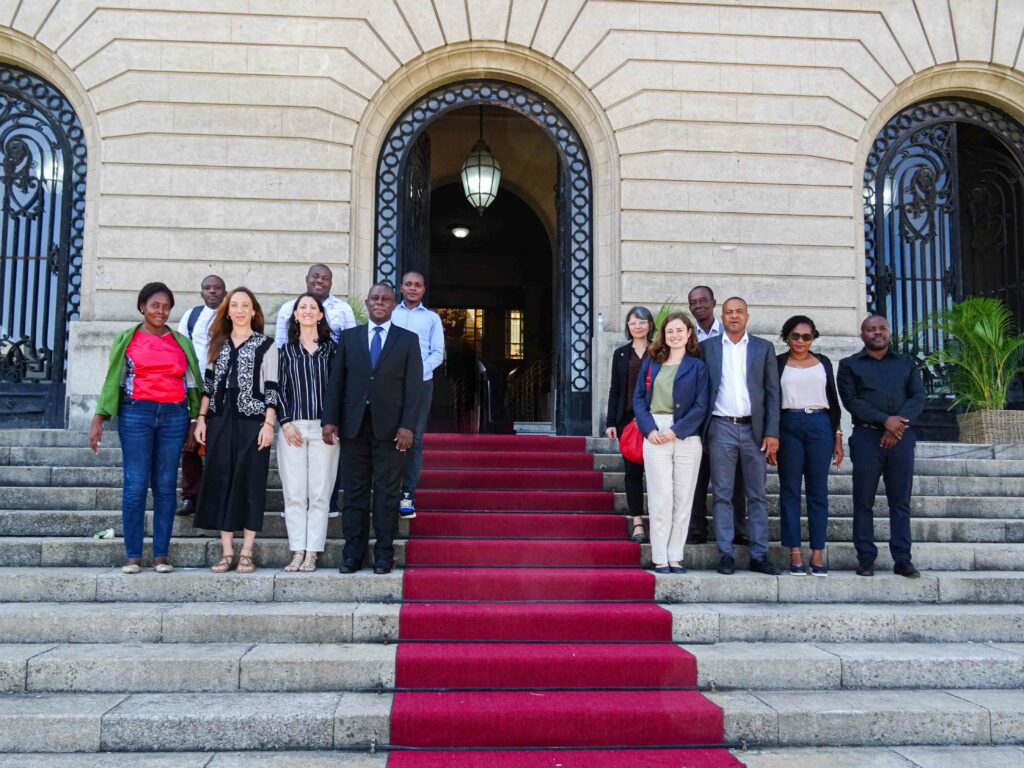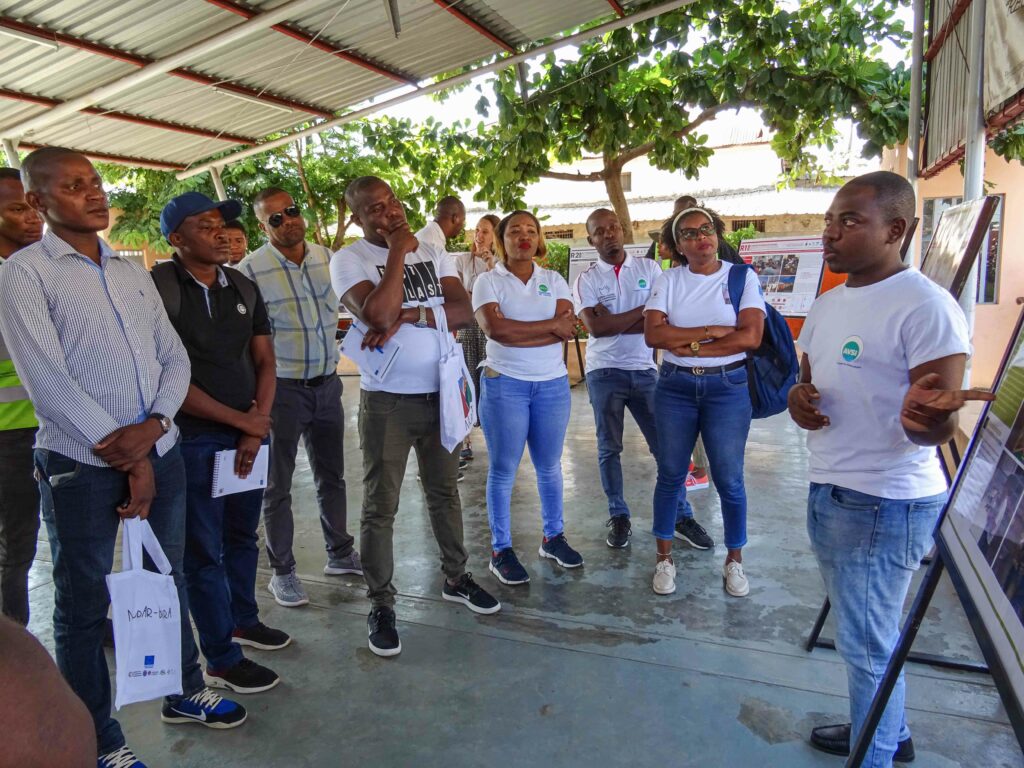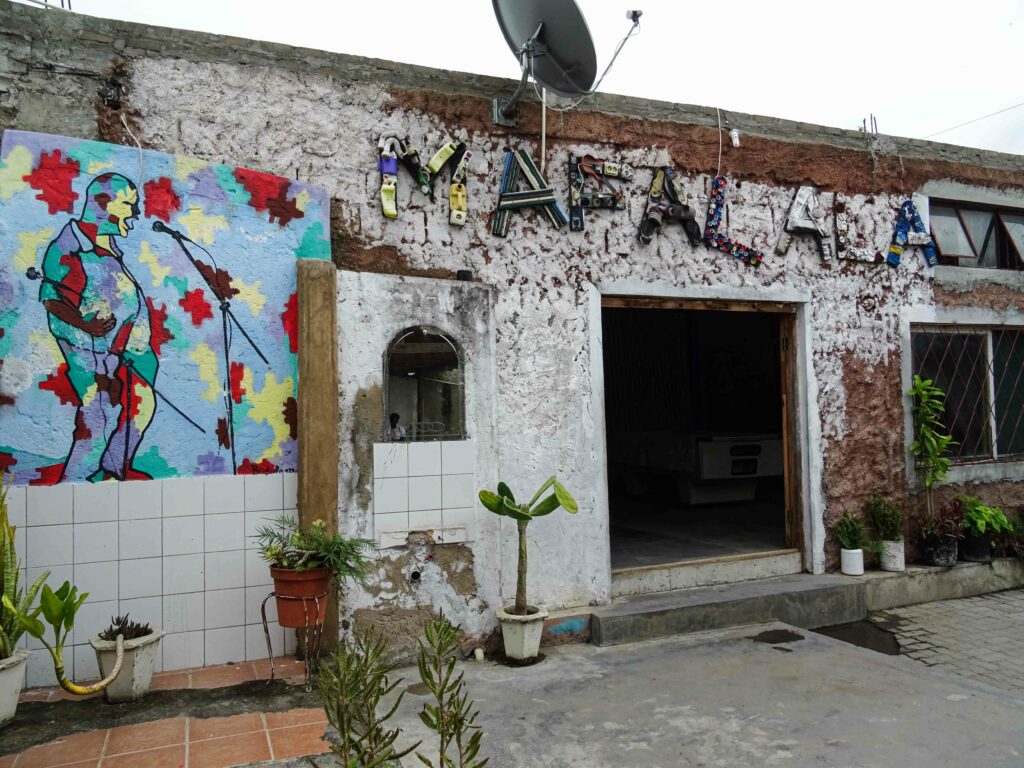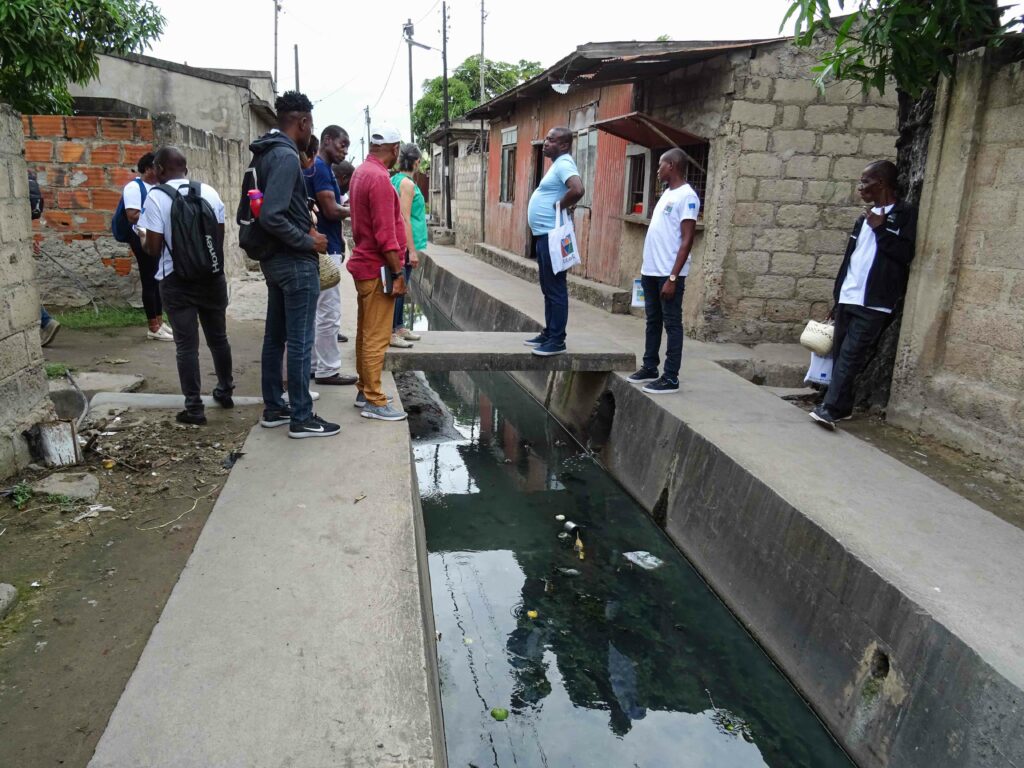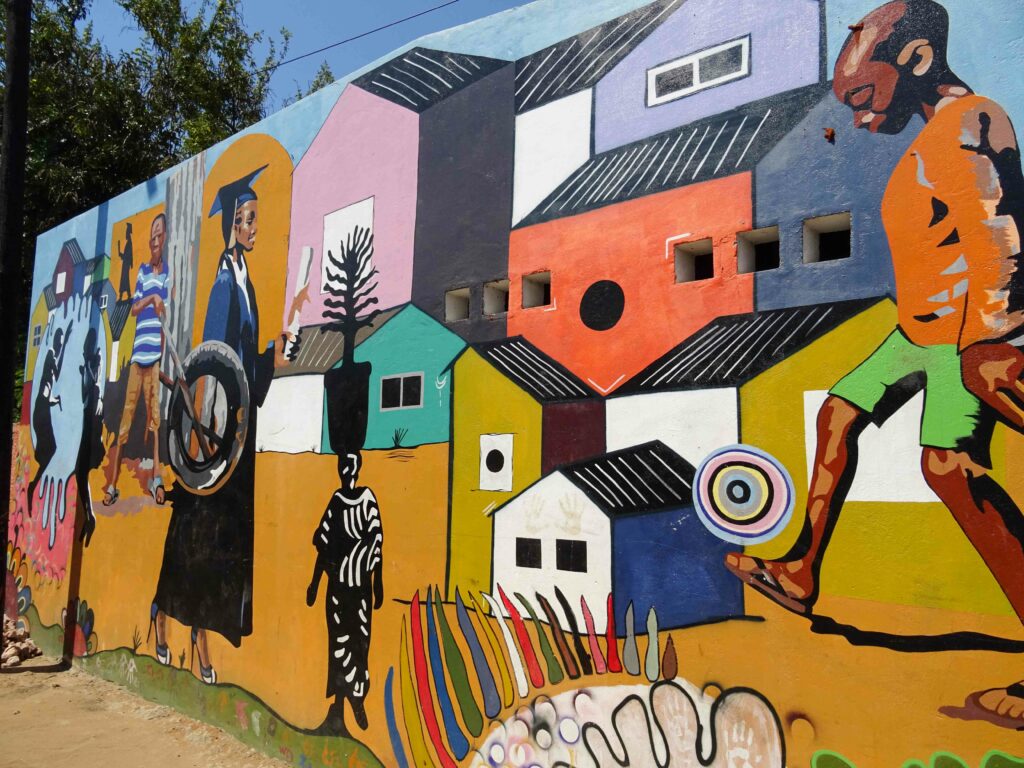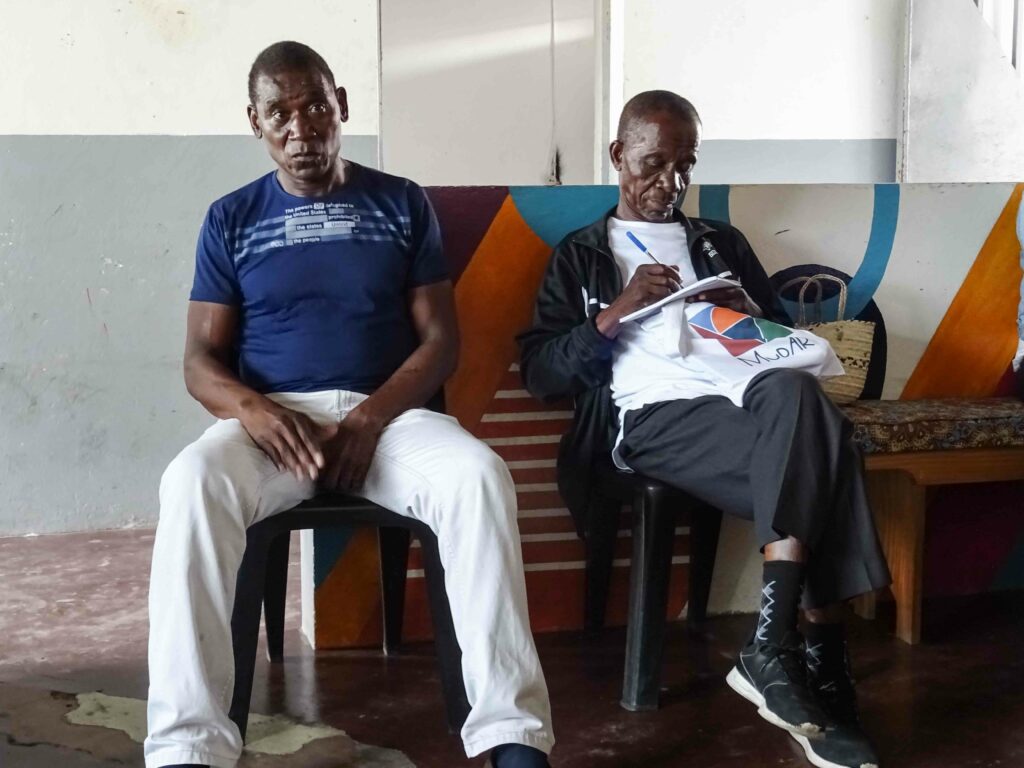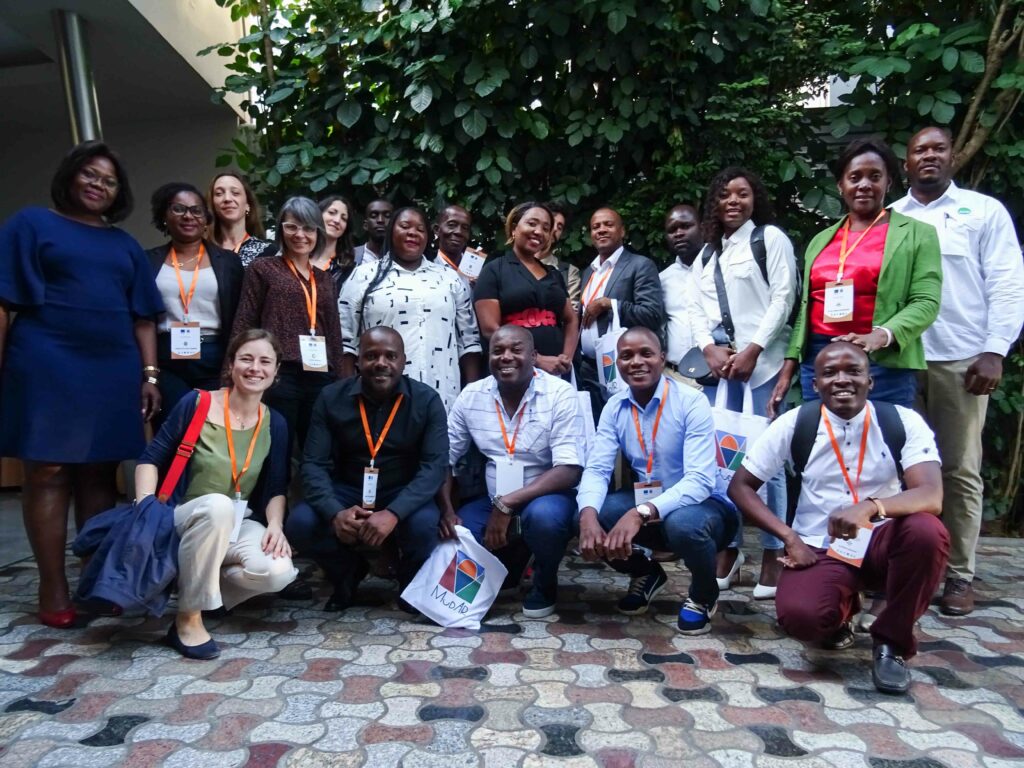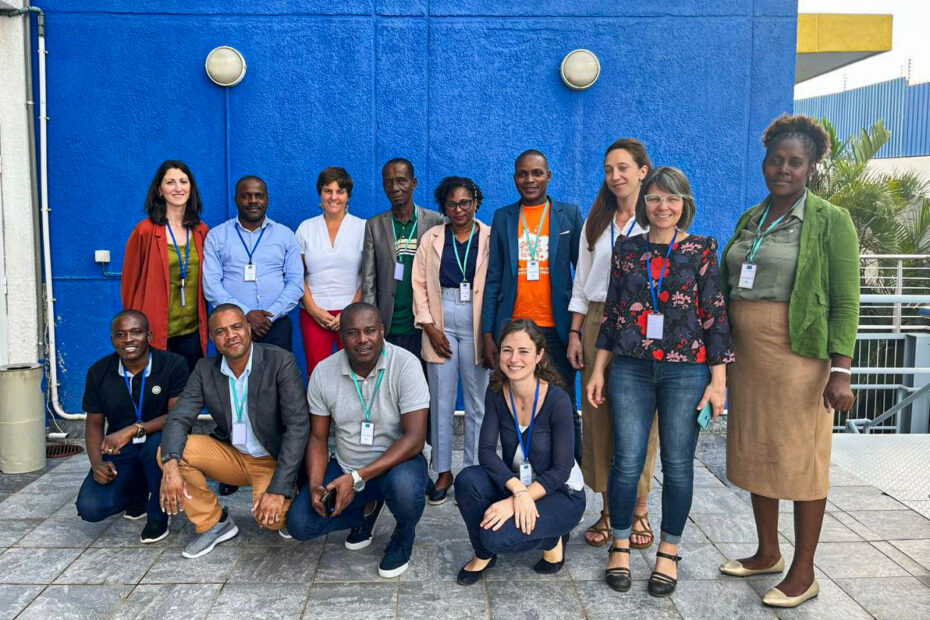A delegation from the Beira City Council and other partners of MUDAR visited Maputo between 27 and 31 March. They were intense days rich with significant encounters in relevant sites in the Mozambican capital. A full immersion in urban planning and multilevel and multi-actor local development which involved the Alderman for urban management and infrastructure, the technical planner of the cadastre the Head of planning, monitoring and fiscalisation from the Department of Urban Management, the Head of Chiveve administrative post, and the Secretary of the Macuti neighbourhood from the Beira City Council.
This activity, organised by IFAPA and the Centro per la Cooperazione Internazionale, also included a delegation from the Provincia Autonoma di Trento and from the Consorzio Associazioni con il Mozambico.
This was the first out of four exchange experiences for the Municipality of Beira to explore and experience different approaches to local urban development, the core subject of the MUDAR project. Indeed, the creation and development of a community of practice, defined as a group of individuals, organisations and institutions that share a common goal and come together to both improve and learn from each other, is a key component for strengthening the capacity of local administrators.
The five-day programme in Maputo began with an introductory workshop where participants’ expectations were collected and the main topics that would be addressed on the field were introduced. In fact, a study visit is like an open-air classroom, a journey that entails the fatigue of travel, weather exposure and sometimes very high temperatures. Indeed, urban planning must also take into account these factors, which can affect the timing of execution as well as the monitoring and implementation itself.
AVSI Foundation and Architects Without Borders, as well as other local organisations based in Maputo such as Khandlelo, Grupo Mulheres Recursos, Associação Dambo da Mafalala and Associação IVERCA, accompanied the delegation from Beira and Italy for three days. They opened the doors of their projects to narrate the social and economic fabric in the historic neighbourhoods located in the heart of the Mozambican capital: Chamanculo C and Mafalala. Two realities that, although in some respects both geographically and in terms of urban density are very different from Macuti, have tackled and to a large extent solved similar problems such as: water drainage, road widening to enhance urban liveability, public lighting to increase safety, waste collection, green areas, etc.
The MUDAR delegation walked through socialisation spaces where citizens are involved in decisions of common interest such as the development of economic support plans for small and micro businesses. They stepped into hairdressing and beauty salons, catering micro-enterprises, spaces dedicated to separate waste collection and composting. Finally, the visit to the Mafalala Museum and the walking tour also provided some food for thought on how to value the urban territory with its historical and cultural heritage. The visit was sealed by an institutional meeting in the office of the Mayor of Maputo who welcomed the delegation from Italy and Beira, a sign of closeness and support for the efforts that the city of Beira is facing.
All the experiences visited were a source of inspiration for the delegation, which in a final workshop gathered all the general impressions and identified a list of activities that could also be adopted in the execution of MUDAR and in general in the urban development of Beira.
These are only the first steps, but the path has started very well!
